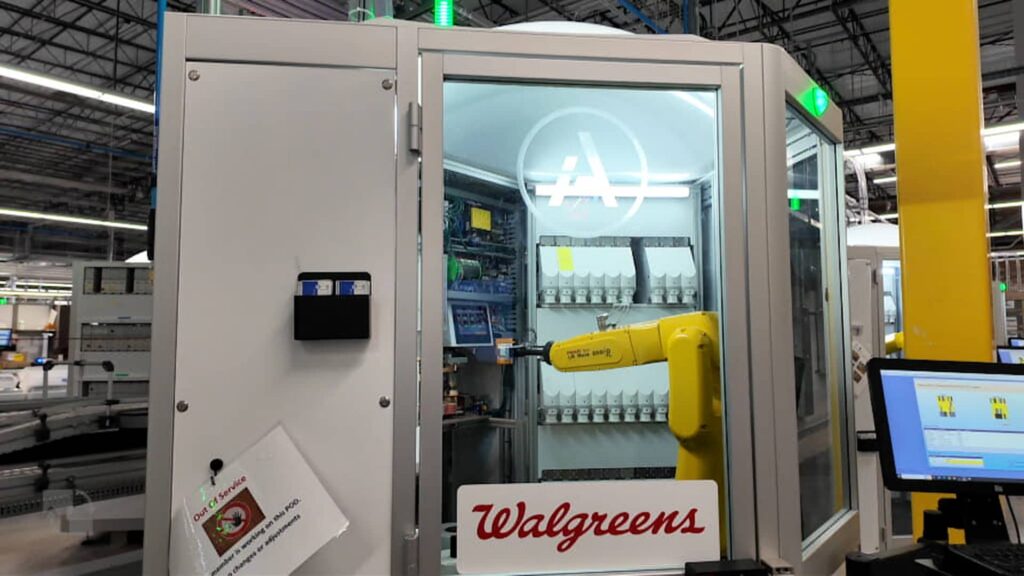Walgreens is enhancing its automation efforts through its Micro-Fulfillment Centers (MFCs), which use robotics to fill prescriptions for patients with chronic conditions like diabetes and hypertension. This initiative aims to streamline operations, reduce inventory waste, and allow pharmacy staff to focus on patient interactions and clinical services, such as vaccinations.
After initially deploying a robotic system in 2021, Walgreens paused expansion in 2023 to refine existing operations based on feedback. Now, the company is set to extend its automation to over 5,000 stores, aiming to handle approximately 16 million prescriptions monthly. With a planned acquisition by Sycamore Partners, Walgreens is expected to further invest in these technologies by year-end to improve efficiency and profits in the face of stiff competition from online and other retail pharmacies.
MFCs efficiently automate prescription filling using advanced robotics and conveyor technology, freeing up pharmacy staff from repetitive tasks. This has resulted in a 40% increase in vaccinations at participating stores. Though the micro-fulfillment model is yielding significant cost savings and a notable rise in prescription volume, concerns about staffing burnout persist, especially highlighted by recent strikes in the sector.
Walgreens has already reported a 13% reduction in overall prescription performance costs, with a goal to handle more than 180 million prescriptions annually. Feedback from stores led to process improvements, including adjustments in packaging and roles to enhance safety and efficiency. The MFCs provide real-time tracking of prescriptions, improving customer service.
Overall, Walgreens’ investment in automation marks a significant shift towards more efficient pharmacy operations while enabling staff to concentrate on direct patient care, thus enhancing overall service quality.
Source link


